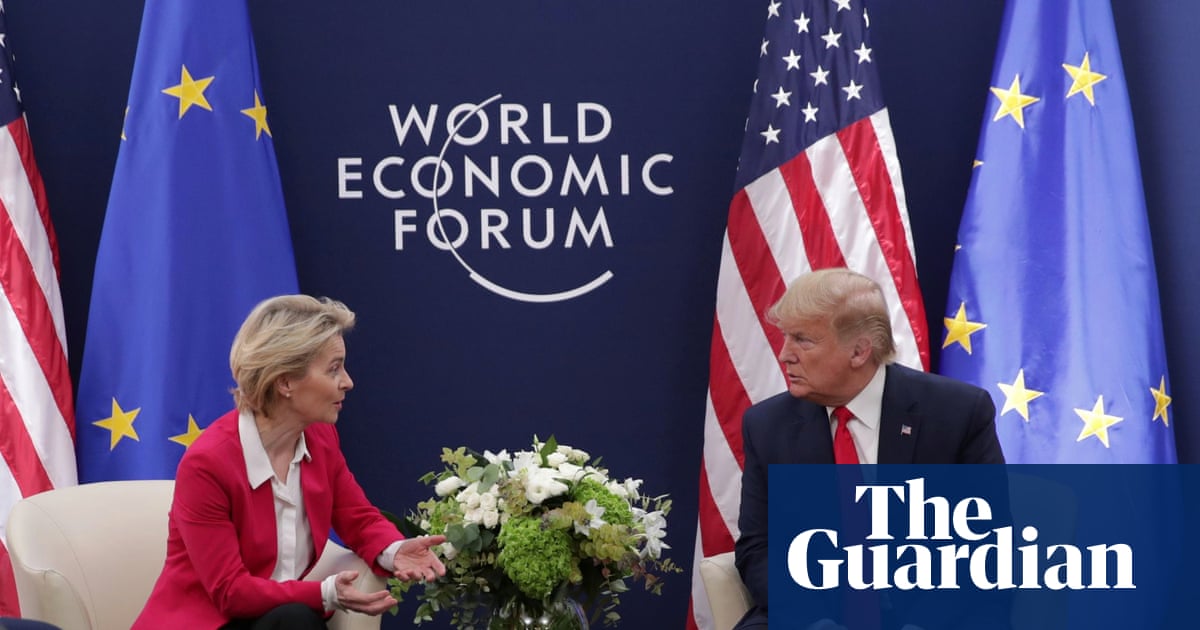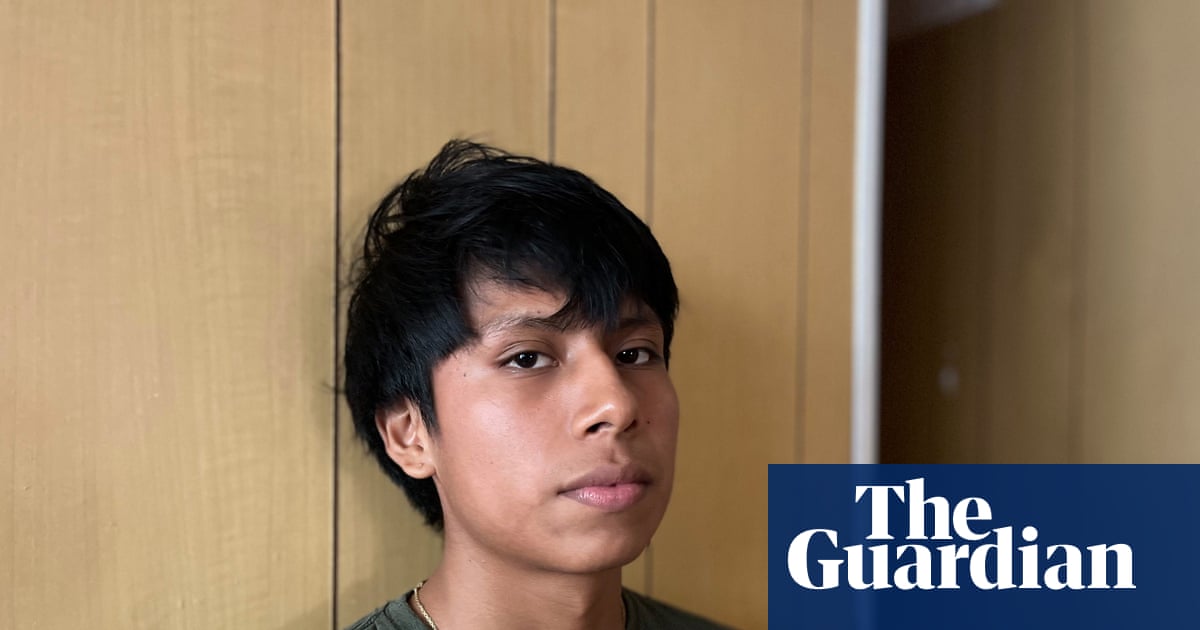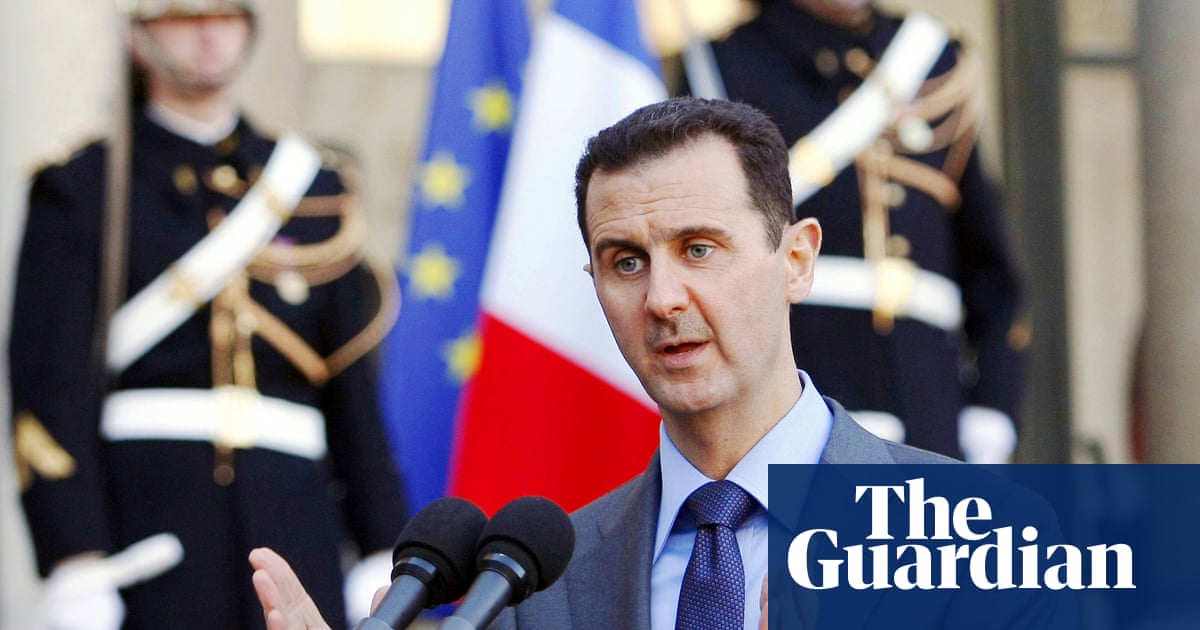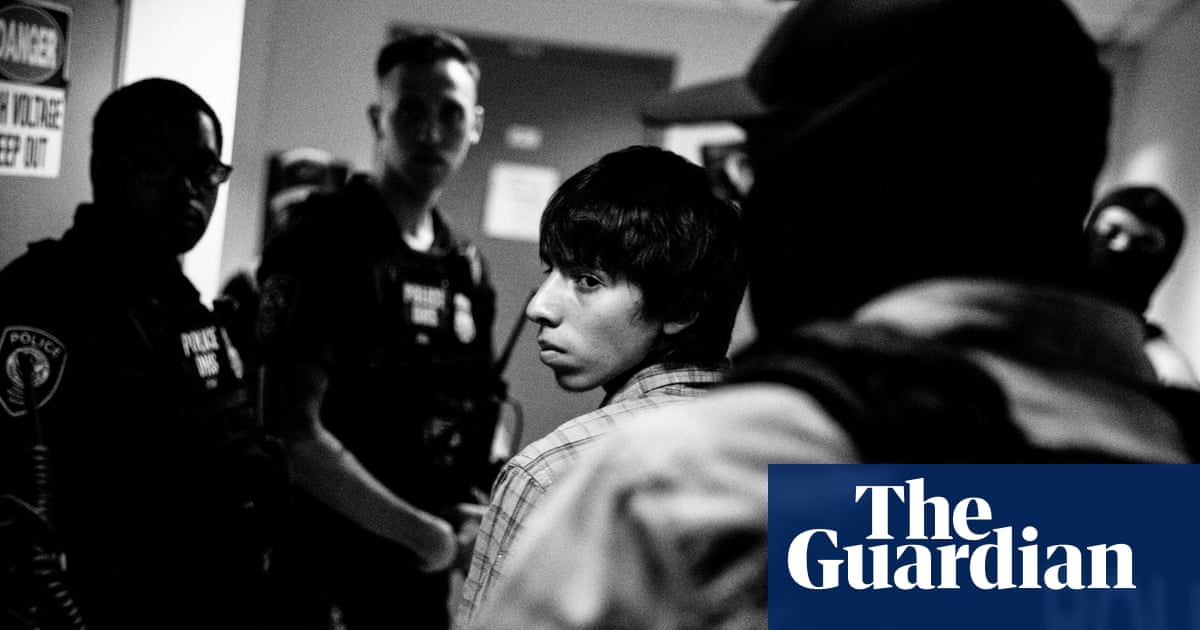Columbia University’s long anticipated deal with the Trump administration after months of negotiations has drawn both condemnation and praise from faculty, students, and alumni – a sign that the end of negotiations will hardly restore harmony on a campus profoundly divided since the beginning of Israel’s war in Gaza.
The deal will reinstate $400m in federal funds the administration cut from the university after it accused it of allowing antisemitism to fester on campus. But it will cost Columbia some $220m in legal settlements, as well as a host of new measures that critics warn significantly restrict the university’s independence and will further repress pro-Palestinian speech.
The agreement – the government’s first with one of dozens of universities it has accused of enabling antisemitism and threatened with funding cuts and other measures – is likely to have major repercussions on academic freedom in the US and future relations between higher education institutions and an administration that has described them as “the enemy”.
David Pozen, a professor at Columbia Law School, slammed the deal as giving “legal form to an extortion scheme”, he wrote.
“The means being used to push through these reforms are as unprincipled as they are unprecedented. Higher education policy in the United States is now being developed through ad hoc deals, a mode of regulation that is not only inimical to the ideal of the university as a site of critical thinking but also corrosive to the democratic order and to law itself,” Pozen continued.
Not all Columbia affiliates were as critical. The Stand Columbia Society, a group of alumni, students and faculty that have for months championed some of the same reforms demanded by the Trump administration, welcomed the announcement.
“The Stand Columbia Society believes this agreement represents an excellent outcome that restores research funding, facilitates real structural reforms, and preserves core principles of academic freedom and institutional autonomy,” they wrote. “We have been steadfast and consistent on what is the right thing to do, and today, both Columbia’s leaders and the federal government deserve credit for achieving this result.”
Another group, Columbia Faculty and Staff Supporting Israel, wrote in a statement that they were “extremely happy that federal funding is restored and will be reading the agreement carefully to verify that it addresses antisemitism and anti-Israeli hate”.
Protest crackdown
Earlier this week, Columbia disciplined about 80 students who were involved in a pro-Palestinian protest at a campus library in May – doling out sanctions including probation, one-year to three-year suspensions, the revocation of degrees, and expulsions. The measures marked the largest mass suspension in Columbia’s history and the harshest mass disciplinary action by any school since Israel’s war in Gaza started, student activists said.
They also followed the announcement last week that the university would adopt a deeply controversial definition that conflates antisemitism with criticism of Israel, severely restricting the kind of pro-Palestinian speech allowed on campus. Last week, the university also confirmed that it had removed control of disciplinary processes from the university senate to the provost’s office – a move that critics say will further empower administrators as they seek to curtail pro-Palestinian speech.
“Columbia is choosing to pander to a lawless administration to restore their federal funding – instead of protecting the rights of its students and faculty who are bravely speaking out against a genocide,” said Sabiya Ahamed, a staff attorney at Palestine Legal who has worked with several Columbia students facing disciplinary measures.
“Columbia is abdicating its mission as a center of learning, and agreeing to operate like an arm of the state to censor and punish speech the Trump administration doesn’t like. With its newly announced policies, Columbia is threatening to bulldoze over the rights of all of its Palestinian and associated students to an even greater degree than before.”
Warring constituencies
While it imposed severe restrictions, Columbia’s deal with the administration fell short of sanctioning some of the most severe measures initially floated, which reportedly included a legally binding consent decree as well as an overhaul to the university’s governance structure that would have further limited faculty and students’ say in university matters.
Last week, pro-Israel advocates on campus had slammed the terms of the deal, which were leaked to the rightwing Washington Free Beacon, as insufficient and weak.
Elisha Baker, a Columbia college student and co-chair of the pro-Israel student group Aryeh, wrote in a statement to the university’s student newspaper that the reported deal “would completely ignore the structural and cultural reforms we need and effectively tell the world of higher education that discrimination is okay if they can afford it”.
On social media, other pro-Israel advocates condemned the deal as “barely a slap on the wrist”.
That the terms of the deal did not meet the most extreme scenarios was hardly cause for celebration for those critical of Columbia for making a deal at all.
“Even if a deal does not constitute wholesale capitulation, it would amount to, at best, a pyrrhic victory for Columbia and for higher education in the United States,” said Joseph Slaughter, a Columbia literature professor and member of the university senate, ahead of the deal’s announcement.
“While an agreement may preserve a measure of institutional independence and academic freedom, it nonetheless would legitimize the federal administration’s use of extortionist tactics, erode academic autonomy, diminish the global standing of American universities, and set a troubling precedent for normalizing political interference in education and research.”
Columbia’s capitulation
Columbia administrators, already facing widespread criticism from opposing constituencies on and off campus over their handling of pro-Palestinian encampments last year, were widely accused of caving to the Trump administration when the university became the first to be targeted for funding cuts in March.
The university’s acceptance of a series of “preconditions” to negotiating the restoration of the funds – including new restrictions on protests, and the placement of an entire academic department under receivership – drew condemnation and warnings that Columbia was a “canary in the coal mine of totalitarianism”. The university saw further backlash after Harvard University, faced with similar demands from the Trump administration, chose to sue instead.
Columbia’s administrators have tried to push back against the notion that the university has caved to Trump.
“The fact that we’ve faced pressure from the government does not make the problems on our campuses any less real,” acting university president Claire Shipman – a board member and the university’s third president since the war in Gaza started – wrote in an email to the community last week. “In my view, any government agreement we reach is only a starting point for change.”
But students and faculty critical of the university’s handling of pro-Palestinian protests have long maintained that Columbia administrators were more aligned with the White House demands than they let on.
“Columbia didn’t ‘capitulate’ to the Trump administration’s Title VI threats – it welcomed the excuse,” Columbia University Apartheid Divest, the main group behind last year’s encampments, wrote in a social media post last week.
“The university has long sought to implement IHRA and crack down on Palestine solidarity. Federal pressure just gave them the cover to do what they already wanted.”

 1 day ago
5
1 day ago
5

















































